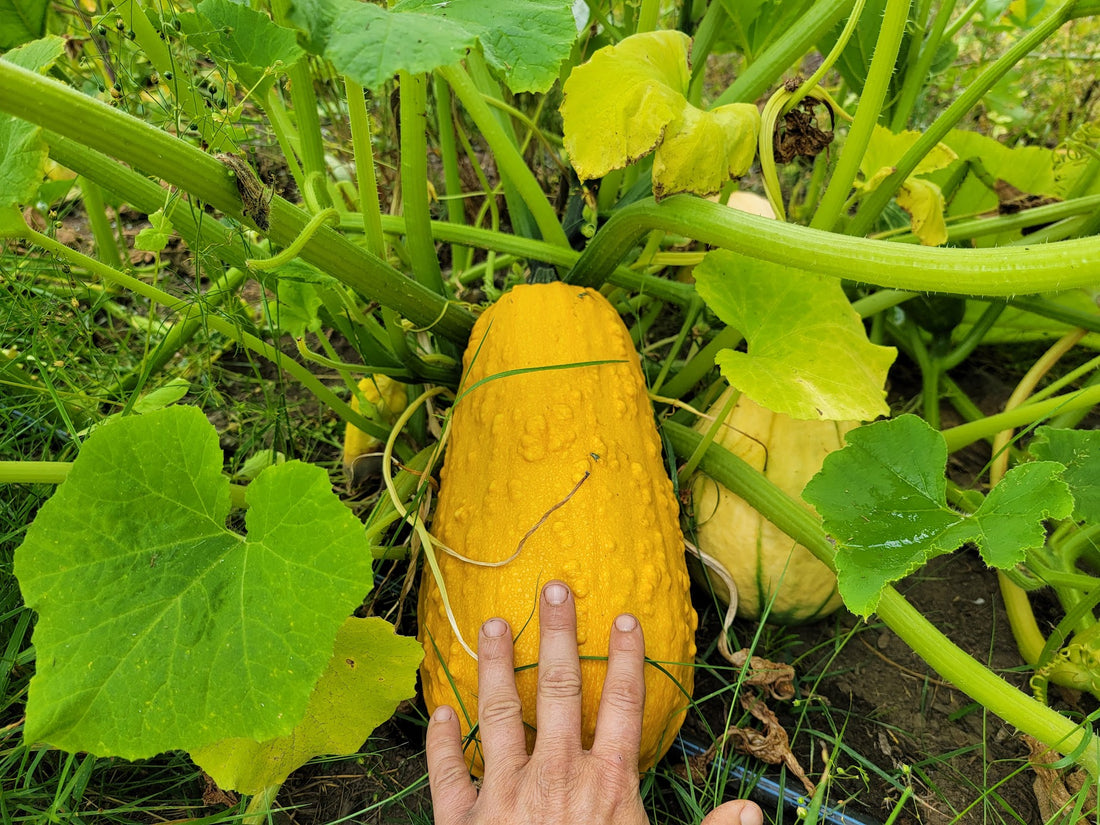Also known as recurrent mass selection, adaptation gardening is a method which allows farmers and gardeners to develop locally adapted, genetically diverse, resilient crop varieties that do not require off-farm inputs such as fertilizer, pesticides, and herbicides.
Embrace genetic diversity
Genetic diversity provides crops with the ability to evolve and adapt over time according to the farmer's selection and local conditions. It also makes them more vigorous, have more dependable yields, and increased disease resistance.
Mix things up
Rather than focus on isolation distances and seed purity, encourage cross-pollination. Reward promiscuity, the natural inclination for plants to outbreed. Save seeds from the resulting crosses.
Select for your habits and ecosystem
Don't coddle your plants. Let natural selection eliminate genetics that aren't suited to your conditions. When saving seed, select for the attributes that are most important to you -- whether that is cold, heat or drought tolerance, ability to thrive in nutrient poor conditions, or just a flavor or appearance you love.
Have fun!
Do less work. Use fewer inputs. Delight in the variety of shapes, colors, and flavors your garden produces.
Humans have been growing locally adapted crops since agriculture started ten thousand years ago. You can do it too!

